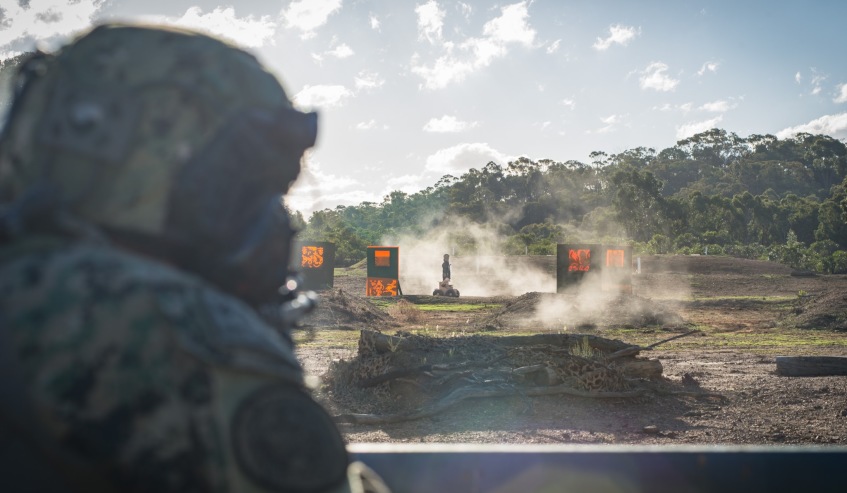NSW research centres, universities and companies are set to play a significant role in the development of next-generation defence technologies as part of a new Cooperative Research Centre (CRC) for trusted autonomous systems.
To continue reading the rest of this article, please log in.
Create free account to get unlimited news articles and more!
The CRC, to be based in Queensland, will use the expertise of several NSW universities and businesses to develop technologies to better equip and protect Australia's defence forces.
"This is the first CRC in the Commonwealth’s program with a specific defence industry focus," NSW defence advocate Air Marshal (Ret'd) John Harvey said.
"The University of NSW, University of Sydney and University of Technology Sydney are all contributing to the CRC’s operations, and one of Australia’s leading robotics experts, Professor Hugh Durrant-Whyte from the University of Sydney, was on the expert panel that helped create the new CRC."
Harvey said a number of NSW defence technology companies will be supporting partners in the CRC contributing their industry expertise in trusted autonomous systems.
"These include OCIUS Technology, which has developed an unmanned marine vessel dubbed the ‘Bluebottle’ that is powered by solar, wind and wave energy, and that can be deployed at sea over months for wide area surveillance," he said.
"Marrickville company Marathon Targets is also involved in the CRC. Marathon develops robotic targets for military marksmanship practice and has sold its technology to allied forces worldwide, including the United States Marine Corps."
The NSW government recently contributed $1.25 million to help establish a Defence Innovation Network to boost collaboration between universities and the defence industry.
"Our Defence and Industry Strategy – NSW: Strong, Smart and Connected has a strong emphasis on supporting defence scientific research and collaborating with other states, and the new CRC is a great opportunity to do both," Harvey said.
The federal government is investing about $50 million in the CRC for trusted autonomous systems from its Next Generation Technologies Fund over the next seven years to support autonomous systems projects.
The centre will focus on how drones, robotics and artificial intelligence can play a key role in Australia's future military.
Defence primes Thales Australia, BAE Systems Australia, Lockheed Martin Australia and Defence Science and Technology Group are among the key participating members, and Boeing Australia and Data61 are also undergoing discussions for their future in the CRC.
The establishment of Defence's first CRC was lead by chair Jim McDowell with a panel of experts that included former Australian chief scientist Ian Chubb, Professor Hugh Durrant-Whyte, the UK Defence Ministry’s Chief Science Adviser Air Vice Marshall (Ret'd) Neil Hart, and former CEO of GD Defence Australia Paul Merrow.

 Login
Login







